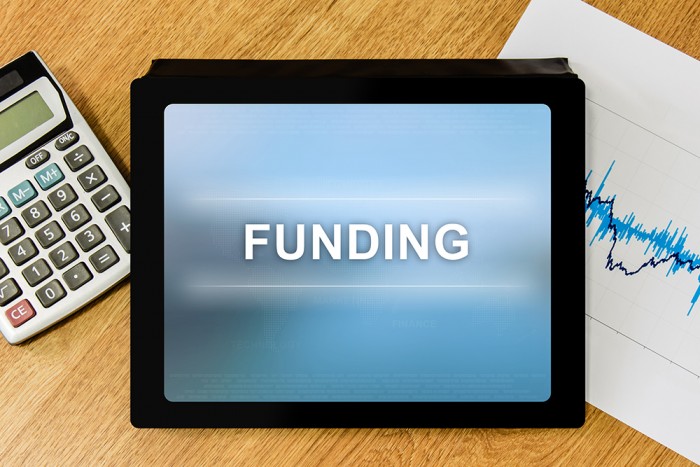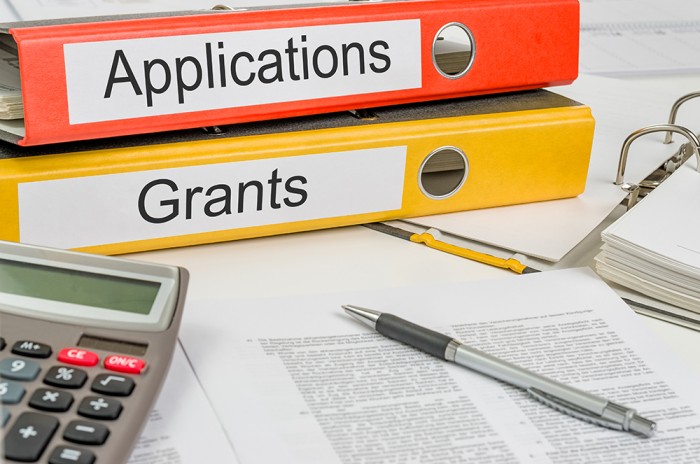The Centers for Disease Control and Prevention (CDC) National Center for Injury Prevention and Control’s (NCIPC) Division of Injury Prevention recently announced a new notice of funding opportunities, which include:
RFA-CE-22-006 Research Grants to Evaluate the Effectiveness of Physical Therapy-Based Exercises and Movements Used to Reduce Older Adults Falls
NCIPC intends support up to two (2) recipients for 3 years at up to $350,000 per award per year.
Application Due Date: March 1, 2022
NCIPC is soliciting investigator-initiated research proposals to support both a process evaluation and an outcome evaluation of the effectiveness of strategies commonly used to improve community-dwelling older adults’ balance, strength, and mobility and subsequently reduce their risk of future falls and fall injuries. These strategies may include different types of physical therapy-based exercises and movements such as heel-to-toe walk, sit-to-stand exercise, calf raises, and side leg raises. Of particular interest is research that focuses on populations experiencing high rates of older adult falls and fall injuries, and could include populations disadvantaged by reduced economic stability or limited educational attainment.
Questions should be sent to NCIPC_ERPO (CDC).
RFA-CE-22-007 Reduce Health Disparities and Improve Traumatic Brain Injury (TBI) Related Outcomes Through the Implementation of CDC’s Pediatric Mild TBI Guideline
NCIPC intends support up to one (1) recipient for 4 years at up to $550,000 per year.
Application Due Date: February 22, 2022
NCIPC is soliciting investigator-initiated research proposals for an implementation study to promote the adoption and integration of the “Centers for Disease Control and Prevention Guideline on the Diagnosis and Management of Mild Traumatic Brain Injury Among Children” in a large health care system to: a) improve mild traumatic brain injury (mTBI) outcomes in children and adolescents, and b) reduce disparities in TBI-related care and outcomes.
Applicants are expected to focus on the following research questions:
What type of disparities in mTBI-related processes and outcomes currently exist at baseline in a healthcare system(s) prior to initiation of an intervention to systematically implement CDC’s Pediatric mTBI Guideline?
Does an intervention aimed at systematically implementing CDC’s Pediatric mTBI Guideline in a healthcare system(s) result in a reduction of health disparities, relative to baseline, vis a vis improved process and health outcomes?
Applicants are encouraged to supplement the mTBI Guideline implementation with added outreach efforts to children experiencing disadvantage, and implementation strategies that address TBI-related care and health disparities identified within the health system.
For the purposes of this NOFO, mTBI-related processes and outcomes include those related to the identification and treatment of an mTBI such as discharge instructions, counseling regarding return to school and return to play, communication with the school about symptoms, recovery, accommodations, as well as health outcomes. An indicator of care might be length of time between injury and diagnosis and treatment of an mTBI or the recovery trajectory of an mTBI. Disparities (health outcomes seen to a greater or lesser extent between populations) may be related to various factors of the injured child or adolescent, their family or neighborhood, or community, such as race, gender, sexual identity, disability, socioeconomic conditions, or geographic location.
Questions should be sent to NCIPC_ERPO (CDC).
















